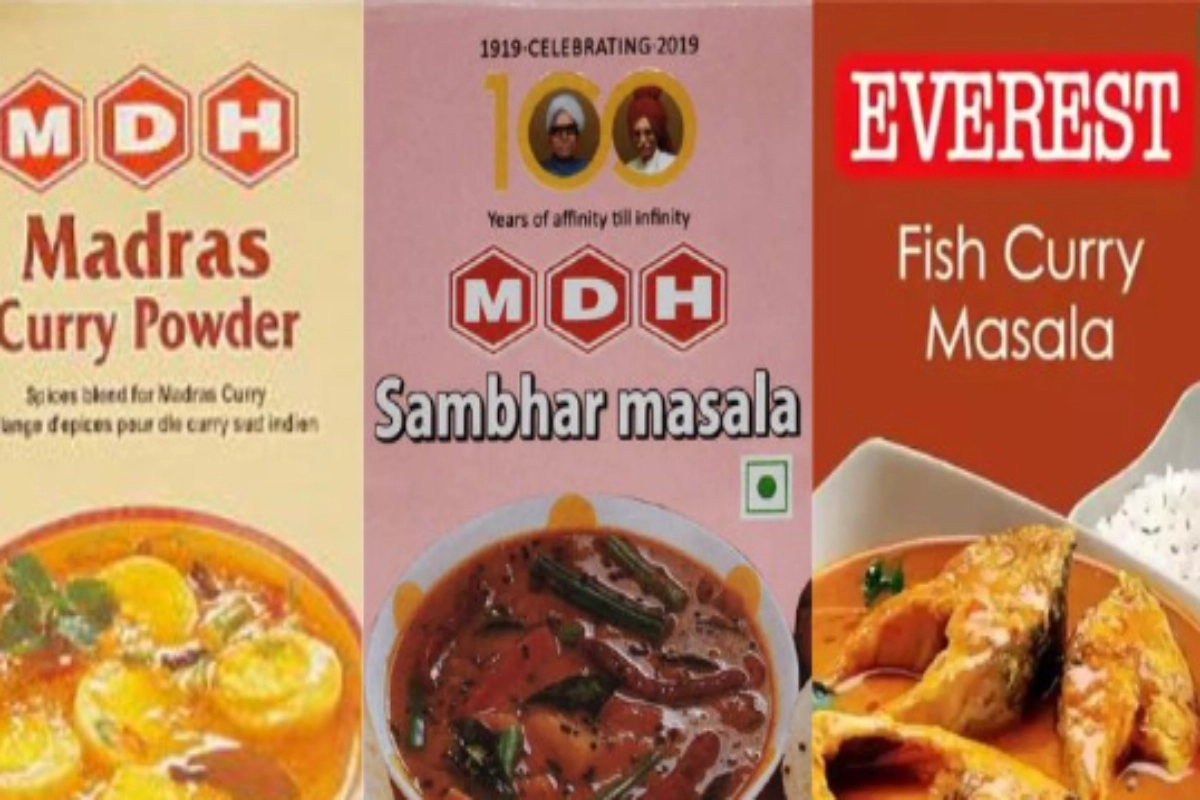MDH and Everest Masala Ban: According to people familiar with the situation, the Indian government has moved against the spice-exporting firms Everest and MDH, conducting inspections and recommending corrective actions after tests found higher than expected concentrations of ethylene oxide, a chemical known to cause cancer, in goods shipped to Singapore and Hong Kong.
Industry Consultations for Compliance
“We have also conducted three consultations with the industry,” a senior official said, adding that the industry is taking a serious approach to ensuring full compliance with the maximum permissible limit. These consultations have been crucial in aligning industry practices with international standards, the official said.
The central organization for spice exports, the Spices Board of India, has required ethylene oxide testing for all spices shipped to Singapore and Hong Kong. The government had made ethylene oxide testing mandatory for spices being exported to Europe in 2022.
Violations in Singapore and Hong Kong
Recent discoveries of ethylene oxide residue violations in Singapore and Hong Kong led to the recall and banning of particular batches of Everest and MDH products from these markets. Whereas Singapore limits ethylene oxide in food goods to 50 parts per million, Hong Kong outright forbids it. The restriction in the European Union is much lower, varying between 0.02 and 0.1 milligrams per kilogram.
Health Hazards of Ethylene Oxide
Although ethylene oxide is used to sterilize spices, if the residue is present in excess of acceptable limits, it might cause health hazards, such as cancer. The fact that this benchmark varies each nation makes things more difficult for exporters.
By requiring ethylene oxide testing, the Spices Board of India hopes to protect consumer health and preserve market access by ensuring that Indian spices adhere to a variety of international standards. According to another authority, “ethylene oxide limits and testing norms are not standardized globally.”
Improving Indian Standards
Amid these challenges, Indian standards are improving. “The failure rate of our spices, at 0.2%, is much better than the international average and significantly lower than the 0.73% rejection rate of food consignments entering India,” the second official said. Both are senior officials in the ministry of commerce and didn’t want to be identified.
India is exporting a lot of spices, despite the recent scandals. India’s exports of spices rose to $4.25 billion in FY24 from $3.76 billion the year before. This highlights India’s prominent position in the global spice market, where there is a growing need for safe, high-quality items.
